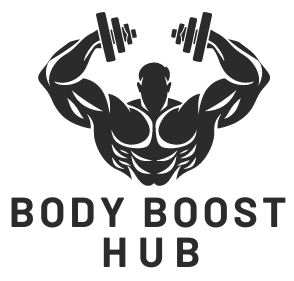We often associate fitness with intense workouts, sweating it out at the gym, and pushing our bodies to the limit. While these aspects are undoubtedly important, there’s another crucial component that often goes underrated – the power of rest and recovery.
In our fast-paced world, where busyness is often worn as a badge of honor, taking time to rest can feel like slacking off. However, incorporating recovery days into your fitness routine is essential for optimizing your physical and mental performance. So, why are rest days so important, and how can you make the most of them?
First and foremost, rest helps your body repair and rebuild. When you engage in strenuous physical activity, your muscles undergo microscopic damage, leading to inflammation and delayed-onset muscle soreness. Taking a recovery day allows your body to initiate its natural repair processes, reducing muscle soreness and improving performance when you get back to training. It’s during rest that your body rebuilds its energy stores and removes waste products, ensuring your muscles are ready for the next challenge.
Rest days are also key for preventing injury and overtraining. Pushing your body too hard without adequate recovery can lead to poor form, increased risk of injury, and a state of overtraining, where your body and mind suffer from chronic fatigue. By taking regular recovery days, you lower these risks and ensure that your fitness journey stays on track. It’s important to listen to your body and understand the signs it may be giving that you need a break.
Mental health and motivation are other critical aspects of fitness that rest days can improve. Working out regularly boosts your mental wellbeing, but continuous training without breaks can lead to mental fatigue and a loss of motivation. Taking time to rest helps you stay mentally sharp, focused, and passionate about your fitness goals. It gives your mind a chance to recover, reducing stress and anxiety, and improving your overall mood.
So, what should you do on a recovery day? Light activities such as yoga, swimming, or an easy walk are great options to keep your body mobile and stimulate blood flow, which aids in recovery. Foam rolling and self-myofascial release techniques can also help relieve muscle tension and promote relaxation. Additionally, proper nutrition and hydration on rest days are vital to support your body’s recovery processes.
In conclusion, embracing the power of rest is essential for maximizing your fitness gains and maintaining a healthy relationship with exercise. Recovery days allow your body and mind to rejuvenate, ensuring you stay motivated, injury-free, and on the path to achieving your fitness goals. So, don’t shy away from taking that well-deserved break – your body and mind will thank you for it.
And remember, just as every great workout plan includes challenging exercises, it should also incorporate strategic rest and recovery. By embracing this holistic approach to fitness, you’ll be able to push harder, go further, and achieve your ultimate fitness potential.

